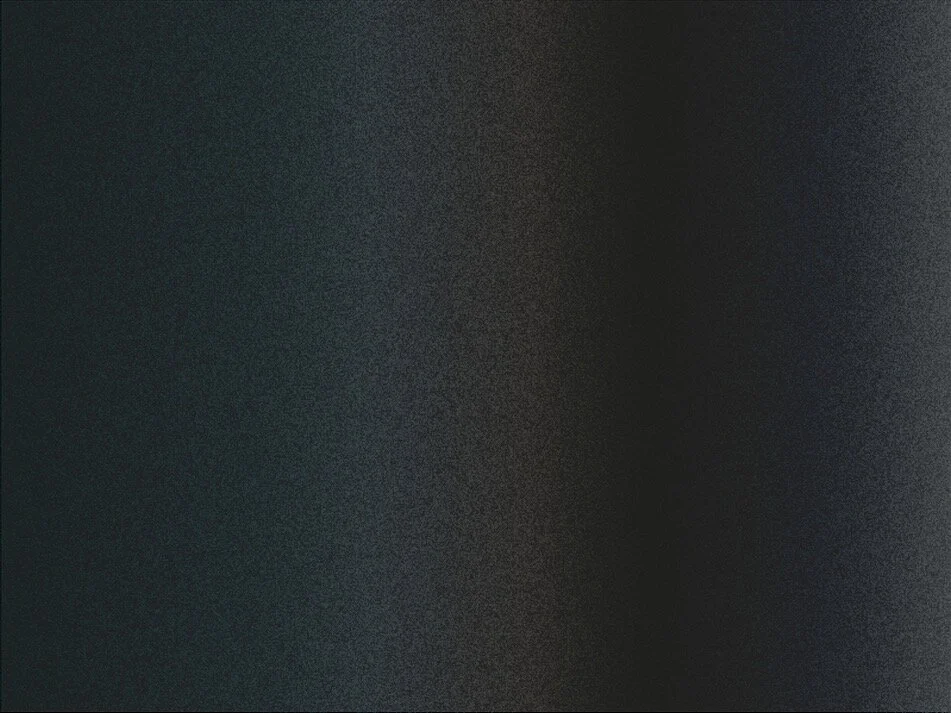Juan Pablo Egúsquiza
Ruidos Desde la Tierra
SCORE: 7.7 out of 10
Like Peru’s answer to Okkyung Lee, Juan Pablo Egúsquiza explores the abstract and impressionist aspects of the double bass. Ruidos Desde la Tierra puts the instrument under a new light, presenting a vast array of textures and harmonic possibilities, all without the help of any effects.
The hidden potential all musical instruments have beyond their intended use is amazing, and the act of exploring these underlying harmonic and textural possibilities has a rebellious feel to it. To a lot of people -and their limited standards-, extended techniques are the result of not being able to properly master an instrument: “Is that person using nonofficial alternate tunings on the guitar? They clearly must not be creative enough to write a song in standard tuning. Ugh, they might not even know how to tune the fucking thing! Fucking amateurs!”. However, we must admit that, even when that’s the case, the results are, at the very least, interesting.
While there are musicians that approach the world of timbre exploration rather than the usual harmony-melody-rhythm structure because they indeed never “learned” to play an instrument, there are those who got to know it so well, they became bored or felt the need to find new ways to create sound. Peruvian sound artist and composer Juan Pablo Egúsquiza, has been playing double bass for almost a decade, and has always maintained a fluctuating posture between tradition and experimentation: He can either walk the line or completely destroy it if need be.
On his newest LP, Egúsquiza explores the abstract and impressionist aspects of the double bass. Like Peru’s answer to Okkyung Lee and her cello, Juan Pablo puts his instrument under a new light presenting a vast array of textures and harmonic possibilities, all without the help of any digital effects, overdubs or post-production. The album title strongly evokes the rustic and organic nature of all the sounds being produced and it is recorded in such a way that no nuance goes unnoticed. Even something as simple as Juan using his fingers to polish the instrument’s body on “Sexo” creates this augmented reality based on sound; it is impossible not imagine the double bass’ wood becoming shinier, and being able to hear the musician lick his fingers just adds to the experience.
There are moments that will appease the most sensible listeners: right after the dissonant intensity of “Atravesando El Espacio con una Cuerda”, Egúsquiza resorts to a somewhat more traditional approach on the aptly titled “Mantra”, a piece in which the bow is the center of attention rather than what is being played. Like phonetic variations coming from the same mother tongue, “Mantra” displays the different shapes a single note can take based on how it is being attacked. “Subir y Caer de la Montaña” is a jazz-infused line with a slightly altered sound due to the strings being invaded by foreign objects.
Some pieces have cadence and melody while others are pure timbral manifestations, but the musical qualities of each will be left to the listener’s interpretation; however, these set of improvisations are thought to evoke something more than just a musical experience. While listening to someone like Tosin Abasi, the scope is limited to the guitar and whichever techniques he may be using to come up with his idiosyncratic style; what Juan Pablo delivers goes beyond that, as he paints a picture not only of what he’s doing, but of every element that comes into play to create the sounds we hear: how friction tears some of the bow’s threads as they rub against the thick strings, the heaviness of the instrument and its hollow body, the smoothness of the wood. It’s a vivid picture of what the instrument is outside of its function.
These aspects don’t necessarily make this album better than everything else under a more traditional approach, but they do help reshape the way we think about music. This is a valuable asset in these times of saturation, and even if there are similar projects out there, we need to embrace the ones that are not failed and vain attempts at being perceived as unique. But even then, we can all agree that a little pretentiousness can be a good thing when it’s driven by true ambition; nonetheless, clocking in at only 30 minutes, this is far from being pretentious. Plus, the variety of techniques Juan Pablo uses -as well as the diverse sound palette- make for a rather entertaining listen that relishes with a rebellious spirit.





